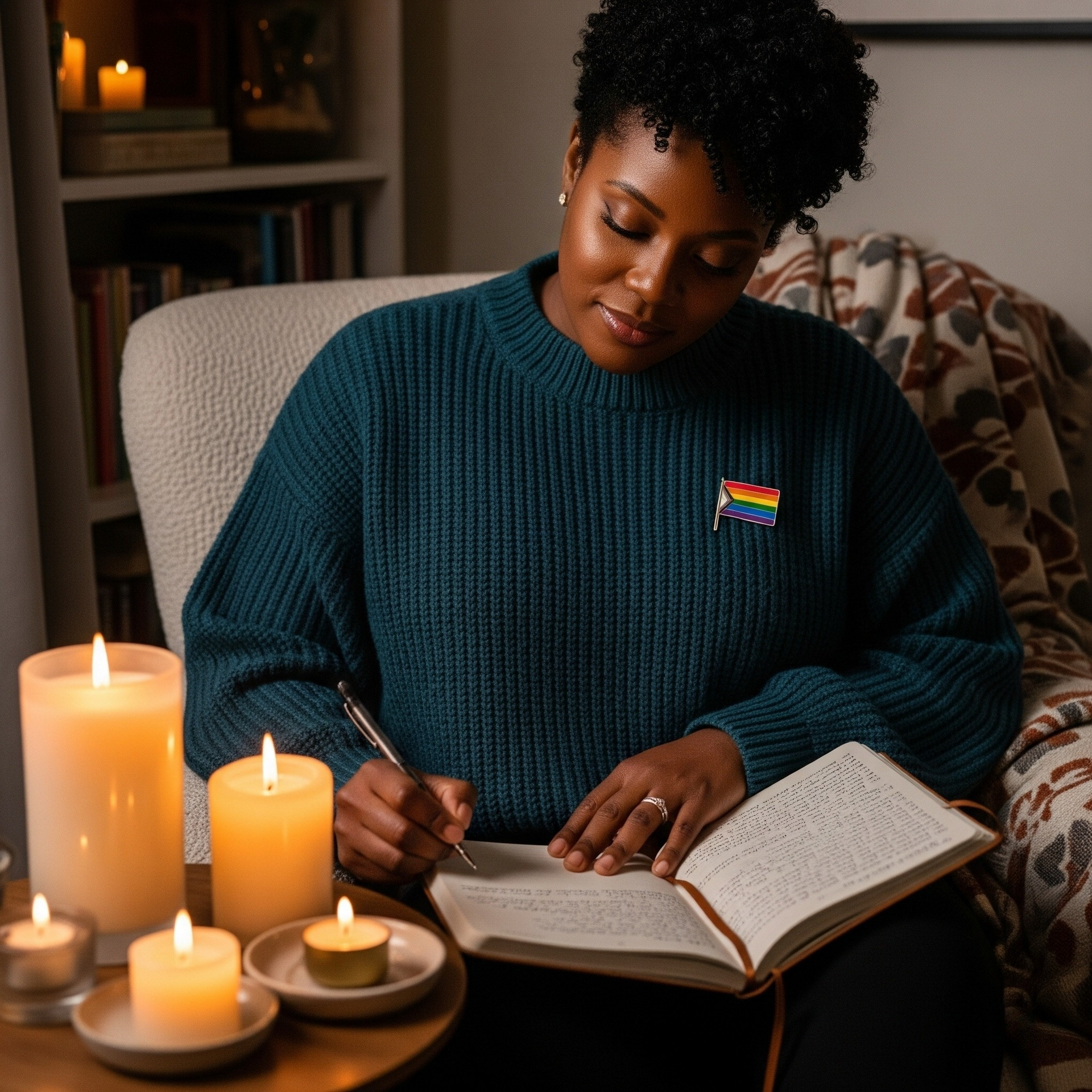Cart
0
You are more than one story. Intersectionality reminds us that Black women experience overlapping systems of bias—race, gender, sexuality, class, disability, immigration status. Wellness that ignores this complexity isn’t wellness at all.
Why Intersectional Care Matters
- Representation gaps: Many mainstream wellness spaces overlook LGBTQ+, disabled, or immigrant Black women.
- Research: Studies confirm that intersectional stress contributes to higher mental health burdens and barriers to care.
- 2025 trend: Inclusive wellness practices—culturally tailored retreats, queer-affirming therapists, disability-inclusive fitness—are expanding.
Intersectional Self-Care Practices
- Journaling for identity layers: Write about how your identities intersect and what resilience looks like in each.
- Build chosen family: Create circles of support that affirm every part of you.
- Seek inclusive spaces: Prioritize wellness spaces that actively welcome diversity.
- Affirm without apology: Place reminders in your home that reflect your wholeness.
Journal Prompts to Explore Identity
- “Which parts of my identity feel most seen—and which need more care?”
- “How do I define softness in the context of my lived experience?”
- “What affirmations honor the fullness of who I am?”
Soft Reign’s Intersectional Approach
Use the Healing Through Self-Love Journal to explore layered identity. Anchor your home with inclusive affirmation art and light candles to turn reflection into ritual.
References
- Crenshaw, K. (1989). Demarginalizing the Intersection of Race and Sex.
- APA (2023). Intersectionality and mental health.
- Global Wellness Institute (2025). Inclusive wellness trends 2025.



